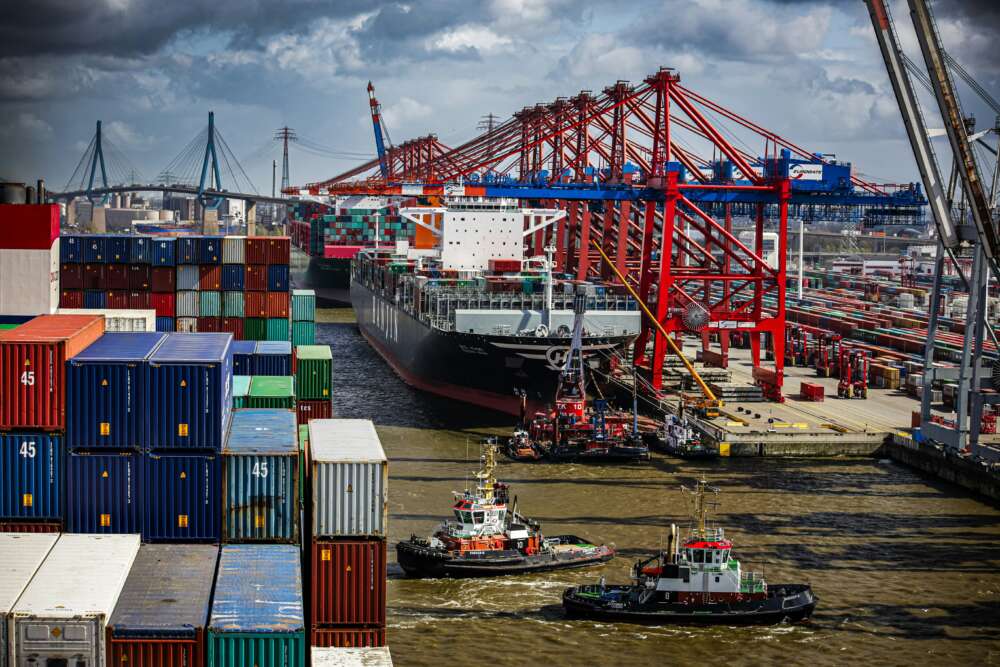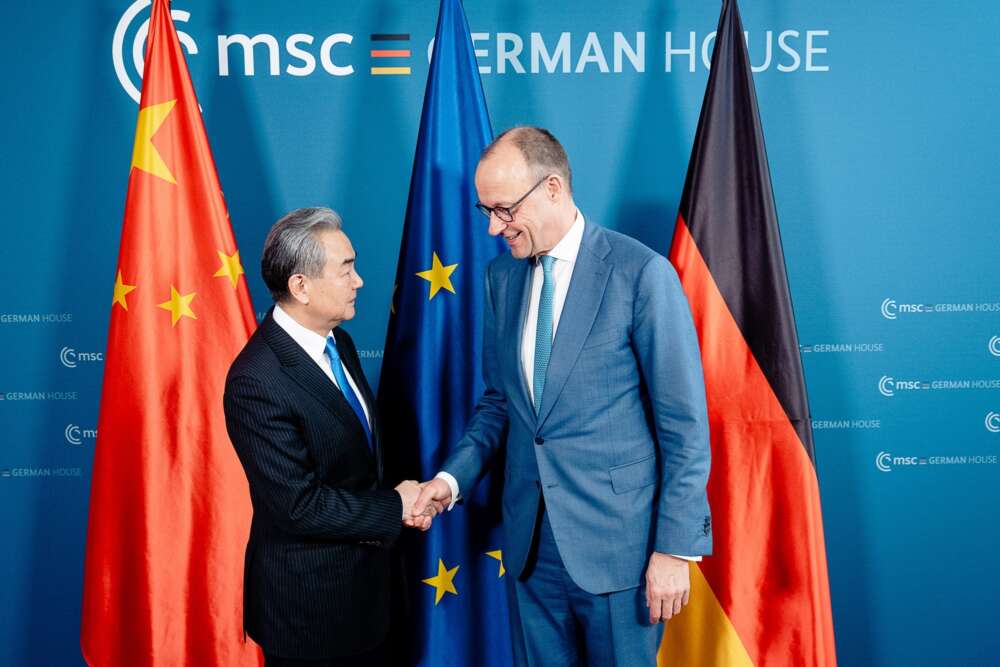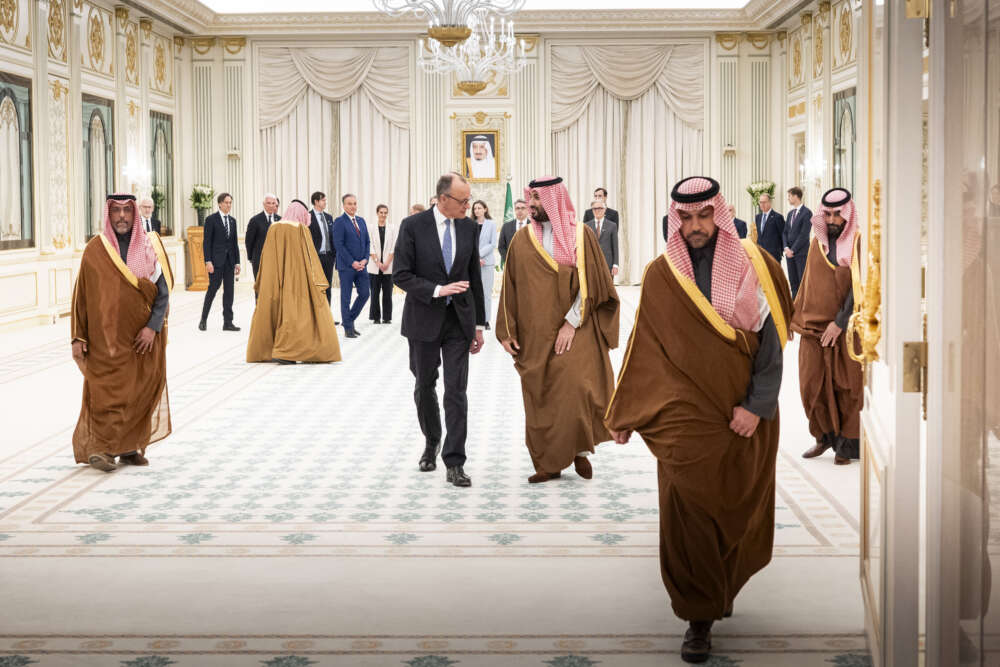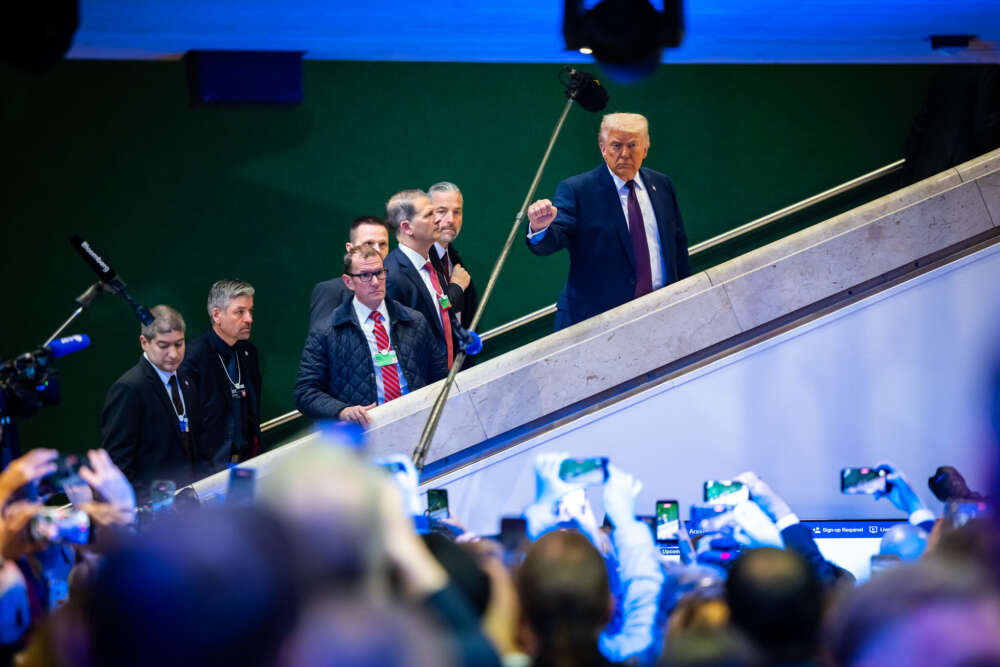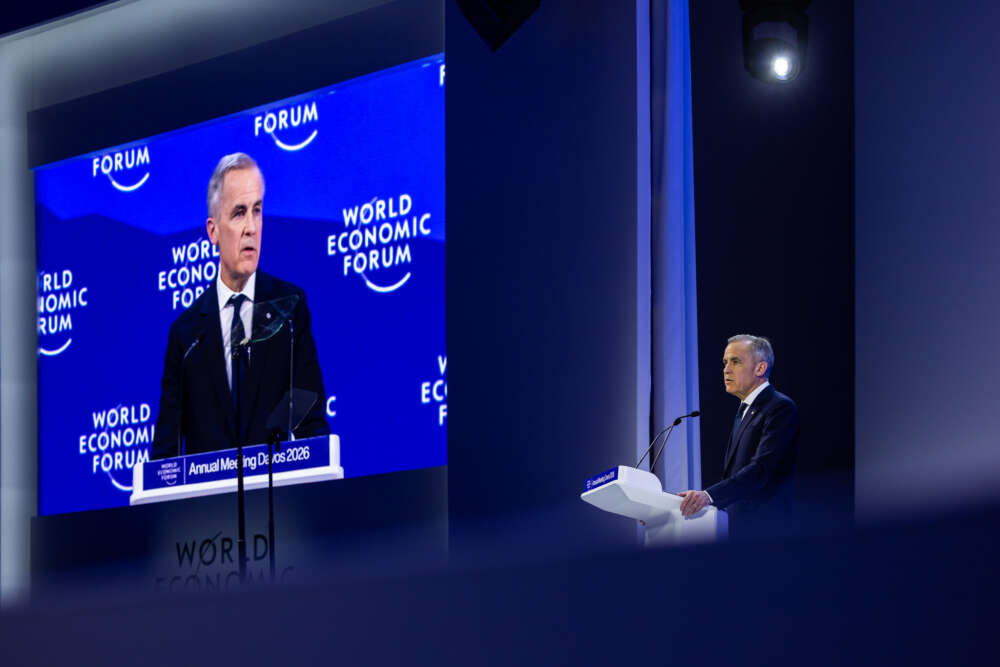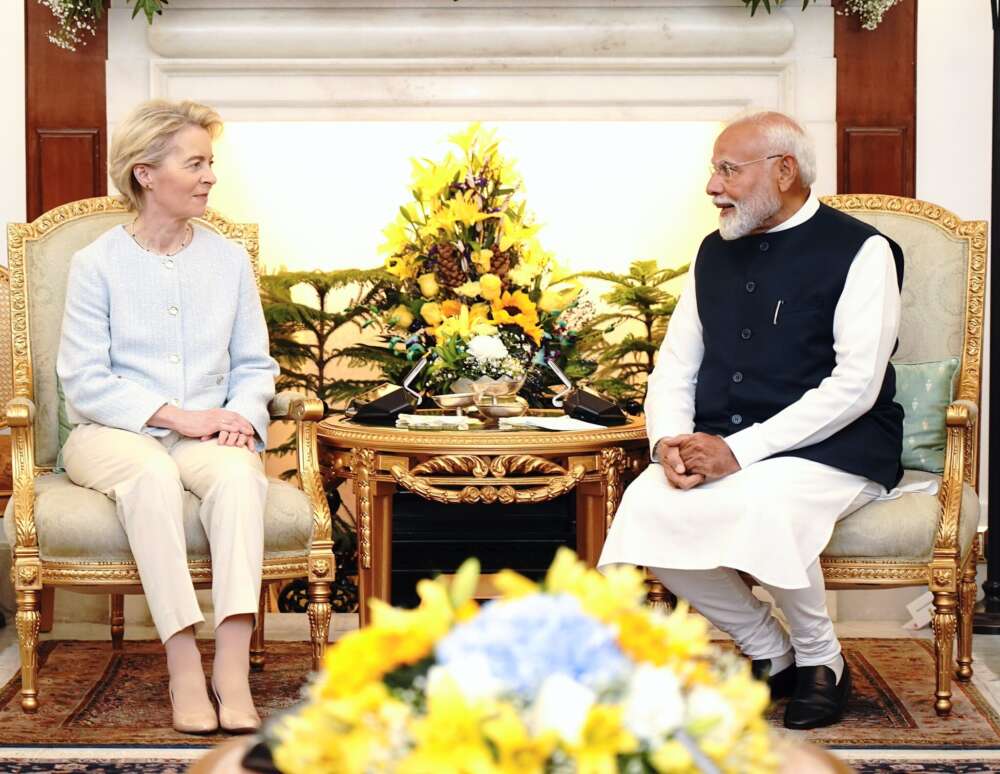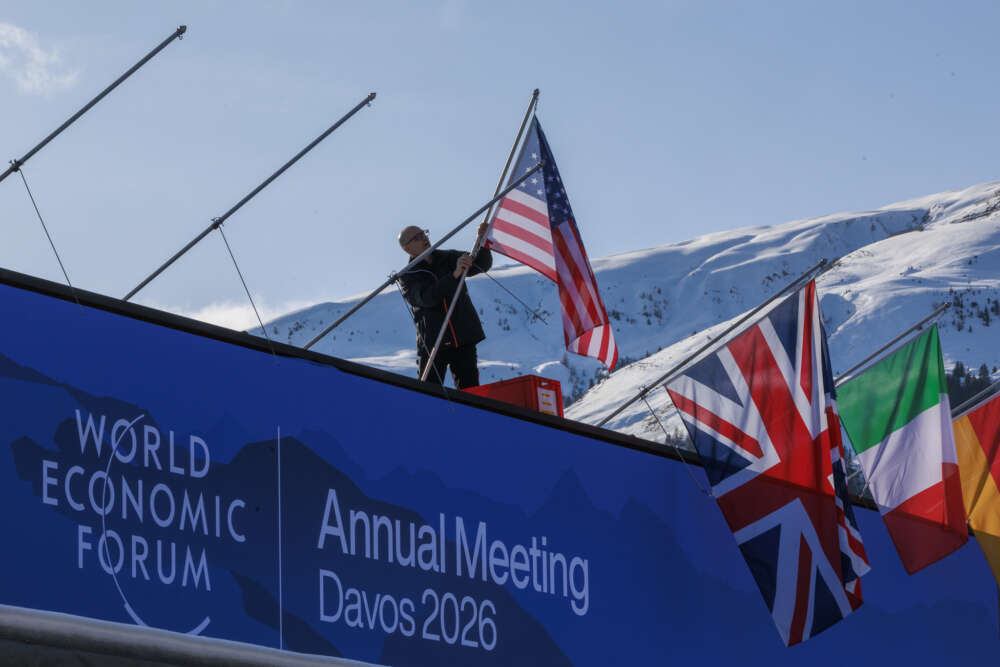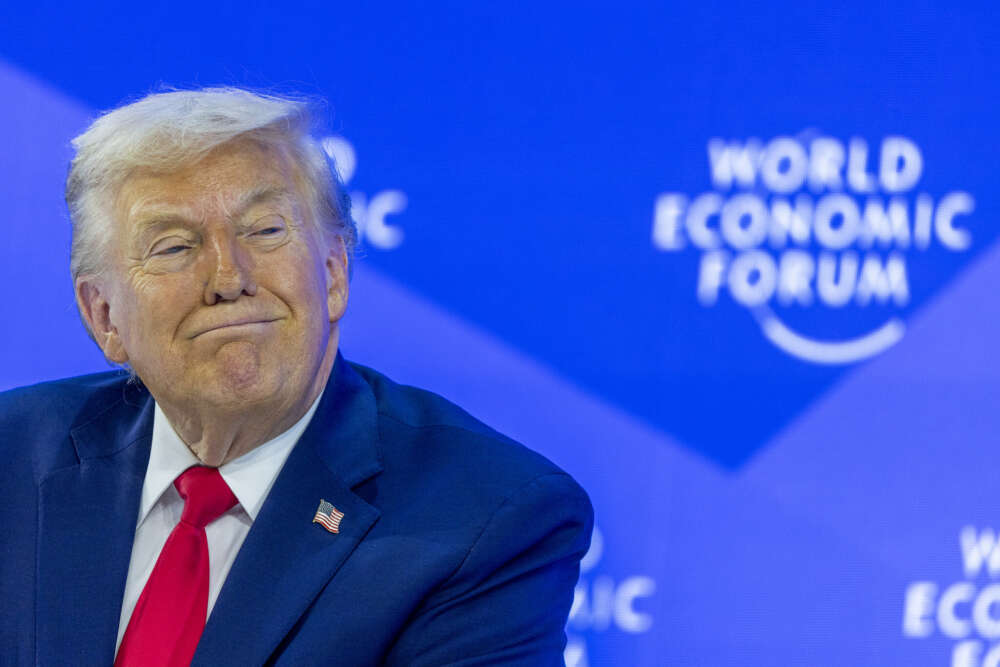Saying Goodbye to Magical Thinking About China
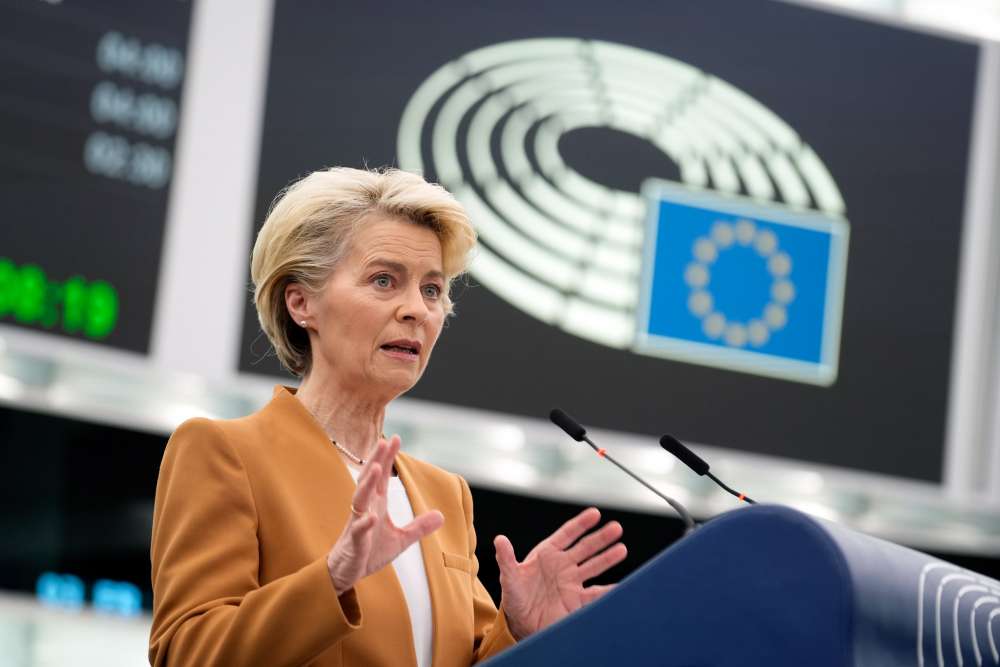
Chinese Communist party chairman Xi Jinping will be holding court for European leaders in the coming weeks. Later this week, Pedro Sánchez will be the first European head of government to meet Xi after his summit with Russian president Putin in Moscow. Next week, French president Emmanuel Macron will travel to Beijing accompanied by EU Commission president Ursula von der Leyen. In order to get their visits right, need to be guided by a realistic assessment of economic relations with China and even more importantly China’s geopolitical role on Russia, Ukraine and beyond. Unfortunately, both Sánchez and Macron all too often still seem to fall for magical thinking on China. They should take inspiration from the cold-blooded realism of Commission president von der Leyen.
Xi Jinping has made his position very clear. In a speech in April 2020 he said: “we must tighten international production chains’ dependence on China, forming a powerful countermeasure and deterrent capability against foreigners who would artificially cut off supply [to China]”. With Spain, Xi’s goal of making foreigners more dependent on China while making China less dependent on imports is working out beautifully. In 2022, Spain exported €8 billion worth of goods to China while importing record number of €49 billion. Spain’s €41 billion trade deficit with China makes up 60% of Spain’s total trade deficit.
As Janka Oertel and Agatha Kratz have explained, China uses its huge protected home market, forced technology transfers and subsidies to create unfair advantages for its companies in the competition with European firms. Left unchecked, European dependence on China will increase in key areas for our economic future, from telecommunications equipment to green technologies. We are already seeing this with key technologies for our low-carbon energy transition. On solar technology, China managed to all but wipe out European competition across the entire value chain, leaving Europe 95% dependent on imports from China. On battery technology Europe is also too dependent on China. We risk a similar development with wind power. Spanish-German wind power company Siemens Gamesa is a case in point. It had exit the Chinese onshore wind market in 2021 and is now also facing huge pressure in its home market. Undercut in price by Chinese competitors in addition to facing rising energy costs and management errors, Siemens Gamesa is suffering huge financial losses. Siemens Gamesa CEO Eickholt said there was definitely a risk the wind turbine industry would come to look like the solar panel industry, with China dominating market and supply chain.
All the while, Beijing has demonstrated that it is ready and willing to use economic dependence to politically coerce European states. When Lithuania upgraded Taiwan’s representative office from “Taipeh” to “Taiwan”, Beijing responded with economic sanctions on goods that were from Lithuania or had Lithuanian components (e.g. in the case of German manufacturer Continental). These sanctions represented a frontal assault on the European Single Market. In his meeting with Xi Jinping on the sidelines of the G20 summit in Bali Pedro Sánchez betrayed little understanding of the realities of economic competition with China. Despite the record trade deficit, unfair competition and economic coercion, Sánchez said “economic and trade relations” were “positive”. He also fondly recalled the upgrade of relations with China to “comprehensive strategic partnership” as a result of Xi Jinping’s state visit to Spain in 2018.
Sánchez should use his speech at the Boao Forum for Asia, China’s self-styled Davos, this week to change course, speaking out against unfair competition and economic coercion, making it clear that he sees Beijing’s authoritarian state capitalism as a competitor and systemic rival. He should announce that Spain (also during the upcoming Spanish EU presidency) will continue to seek mutually beneficial economic ties while moving decisively to reduce dependencies in critical sectors just as China does. That includes no longer relying on Chinese suppliers for critical infrastructure including 5G, a move Sánchez has refused to make until now.
Such a realistic assessment is even more important with regard to China’s geopolitical role on Russia, Ukraine and also in China’s own neigborhood. Previewing Sánchez’ visit, the minister of the presidency Félix Bolaños argued “China tiene un papel clave en su posible mediación en la guerra de Ucrania”. Similarly, Macron has argued that “the fact that China is engaging in peace efforts is a good thing”. These naïve statements overlook that Beijing can neither be a mediator nor is pursuing a peace plan. Fortunately, Commission president von der Leyen has a clear-eyed view arguing “it is not a peace plan but principles that they shared. You have to see them against a specific backdrop. And that is the backdrop that China has taken sides, by signing for example an unlimited friendship right before Russia’s invasion in Ukraine started”.
Beijing has taken Russia’s side not because it particularly likes the war but because it wants to secure Moscow as a junior partner in what Beijing sees as the inevitable struggle with the US that may lead to direct war between the US and China. By the same token, Beijing’s goal with Europe is to drive a wedge between Europe and the US as much as possible. Sánchez should not fall prey to this and instead send a clear message of deterrence to Beijing: do not to send weapons to Russia or move to attack Taiwan, otherwise you will face severe sanctions also on the part of Europe. The message of deterrence on Taiwan is particularly important. Taiwan may feel far away for Europeans but it should be at the center of our attention. The consequences of a war over Taiwan for Europe and also Spain would be far more serious and far-reaching than those of Russia’s war against Ukraine.
We need to learn from the failure to deter Putin from attacking Ukraine and do better with Xi and Taiwan. We do need better guardrails and confidence building measures between the US and China. But the most important way to try to guarantee peace in the Taiwan Strait is for Xi to be clear he will pay a too heavy price for attacking Taiwan, militarily, politically and economically. Making a non-military contribution to deterring China from using force against Taiwan is necessary if Spain and Europe want to protect their interests. According to Bolaños, the president’s state visit to China underlines the “peso indulable” of Sánchez “in the world”. But unless he sheds his lightweight magical thinking on China he will not be a match for ruthless geopolitical heavyweight boxer Xi Jinping.
This commentary was originally published by Agenda Publica on March 29, 2023.
